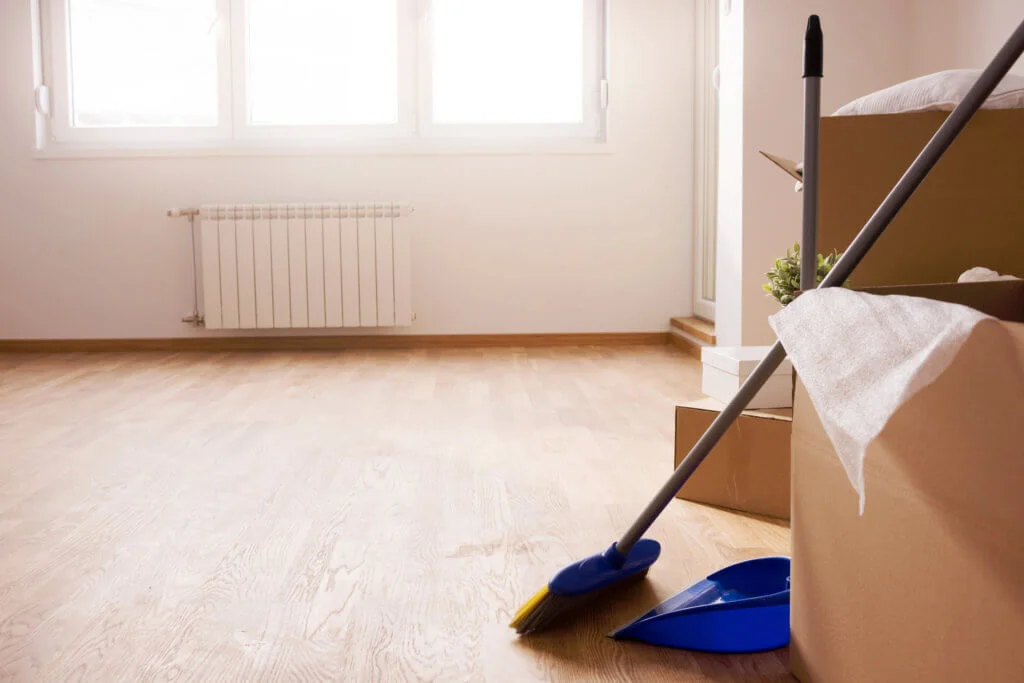As a landlord, you want the transition between tenants to be smooth and easy.
But sometimes, tenants leave your property in less-than-prime condition. Along with the need for a fresh coat of paint and a deep cleaning, you may discover a tenant’s abandoned property.
What’s a landlord to do when former tenants leave their stuff behind? From removal to storage, the process of dealing with tenant leftovers involves legal regulations that vary from state to state.
Read on to learn more about how to deal with a tenant’s abandoned property.
What Defines an Abandoned Property?
First, determine which items actually belong to tenants. This includes the personal possessions that tenants moved into your rental unit, including the yard, garage, or other outbuildings.
Most leases require tenants to return the rental property to its original condition when they move out. That includes taking all of their belongings with them.

If a tenant moves out and leaves things behind, such as furniture, clothing, electronics, or other items, these items may be considered abandoned property.
But what if previous tenants left items behind, and you didn’t notice? That’s why it’s important to fully inspect the unit anytime the lease turns over. That way, you’ll know exactly what’s supposed to be there, and what has been abandoned.
What Happens to a Tenant’s Abandoned Property?
Most states have very specific laws about abandoned tenant property. Before taking any action, review your state’s regulations.
In most cases, you must store the items for a while and allow the tenant the chance to claim them. During this time, you’re liable for the items. It’s important to follow the rules and not open yourself up to a lawsuit.
The reason behind the tenants’ departure may govern how to deal with their items. For example:
- The lease ended or tenant served a termination notice: In such cases, landlords have more flexibility, as tenants moved out of their own accord.
- The landlord served a termination notice: As long as you follow state law and due process, including giving the correct days’ notice, you have more flexibility as to how to deal with abandoned items.
- Eviction: In this complicated situation, you must carefully follow the law. In some cases, law enforcement will deal with property removal.
- Disappearance: If tenants leave without notifying you, they still have rights to the items they leave in the rental unit.
What Type of Property Has Been Left?
If the tenant left trash behind, like perishable food or garbage, the landlord has the right to throw it away.
If tenants installed anything to the walls or ceiling, such as shelves or lights, those may become “fixtures” of the unit. That means they’re now your property and you can do what you want with them.
As for the most common items, like furniture, clothing, and small objects, make a list and take photos to document their condition. This will protect you from claims of damages.

In most states, you’ll have the store the property in a secure unit for a certain amount of time. Keep track of how much you spend on packing, removing, and storing the items.
Deliver a written notice to the tenant. This should include an itemized list, how long they have to claim the items, how much it costs to store the items, and what you’ll do with the property if they don’t claim it.
Depending on your state’s regulations, if tenants don’t claim the property, you can throw it away, keep it, donate it, or sell it.
Let HomeGo Clean Up Tenant Abandoned Property
Dealing with tenants’ abandoned property can be expensive and time-consuming. Why not let HomeGo deal with the hassle?
If you sell your property to HomeGo, they’ll take care of tenants — and their belongings — for you. You’ll receive a clear, transparent cash offer and your property will close quickly and easily. It’s a win-win.




